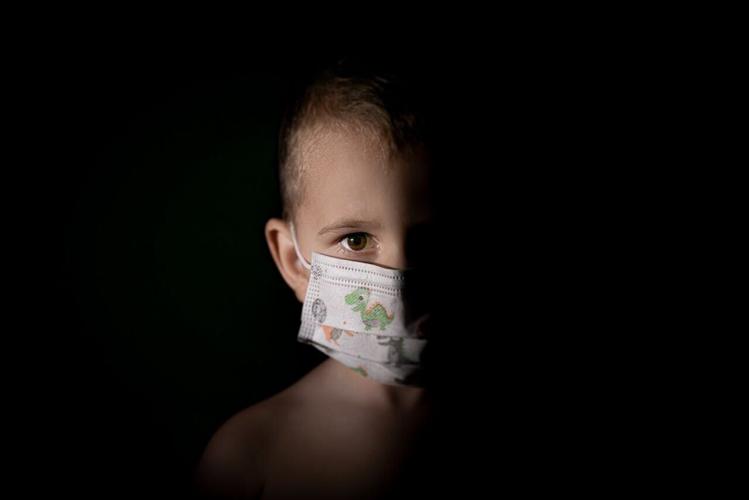
(Photo by Jan KopÅiva via Pexels)
By Stephen Beech via SWNS
COVID-19 lockdowns caused milestone developmental delays in young children, reveals a new study.
Researchers found youngsters under five years of age experienced “modest” delays in the development of their mental skills due to disruptions and restrictions triggered by the pandemic.
American scientists evaluated possible links between pandemic-related disruptions to everyday life and changes in developmental milestone screening scores.
They used data from a web-based screening platform used by more than 5,000 pediatric practices in 48 U.S. states to complete surveys about children’s development.
Using a caregiver-completed measure of child development routinely collected as part of pediatric care, researchers found only small decreases in communication, problem-solving, and personal-social skills, and no changes in fine or gross motor skills among children in the study.
The research team from Johns Hopkins Children’s Center says their findings are "reassuring" and provide “cautious optimism” about the development of young children exposed to pandemic-related restrictions.
But they warned that the implications for children’s long-term development remain unclear.
Study corresponding author Professor Sara Johnson said: “We found, overall, that while there are some changes, the sky is not falling, and that is a really important and reassuring finding."

(Photo by Yaseminmsl via Pexels)
She said several previous studies have provided evidence that the COVID-19 pandemic and related lockdown restrictions disrupted the lives of many people, including families with young children.
Everyday life and daily routines were shattered as schools and childcare centers closed, many people began working from home and social contact was slashed.
Many people - including parents - suffered increased stress, anxiety and social isolation due to the changes and activity cancellations.
Research has also shown the pandemic is linked to lower child health-related quality of life, increased mental health concerns, decreased sleep and increased risk of obesity.
But, until the new study, the impact of the pandemic on developmental milestones among young children remained unclear.
The Johns Hopkins researchers looked at the developmental milestones of more than 50,000 five-year-olds or younger.
They concentrated on five skills: communication, gross motor, fine motor, problem-solving and personal-social.
The research team compared the children before and during the pandemic from 2018 to 2022 and found score decreases in the communication domain of around three percent, and of about two percent in both problem-solving and personal-social skills.

(Photo by Gustavo Fring via Pexels)
The findings, published in JAMA Paediatrics, showed no changes in fine or gross motor skill domains.
When looking specifically at babies less than 12 months old, similar "modest "effects were observed, and there were only decreases in the communication domain (around three percent) and problem-solving domain (about two percent).
Johnson said: “We thought it was possible infants might experience less impact than the older kids, given that many caregivers may have spent more time at home with their very young children.
“But we saw generally the same things in infants as we did for older kids.”
Given an increase in worry and stress for parents and carers, the research team also investigated whether they reported more worries about their child during the pandemic, regardless of milestone achievement.
They found worries about their child only increased slightly during lockdown, compared to before the pandemic.
While the research team says their findings are reassuring, they warned that the implications for children’s long-term development remain unclear.
Johnson added: “It is important for us to continue to keep an eye on kids of all ages in terms of development, so we can understand whether these changes have longer-term implications for children or if new challenges emerge as children age."





















